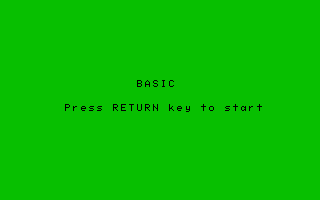Aquarius (PAL)
Game Information
| manufacturer | Mattel Electronics |
| year | 1983 |
| clone of | aquarius |
| other clones | aquarius2 aquarius_ar aquariusp |
| genre | N/A |
| downloads | 126 |
Screenshots










Download Details
| parent set | aquarius.zip 14.93k ↗ |
| standalone set | aquariusp.7z 8.10k |
Driver Details
| source | mattel/aquarius.cpp |
| status | good |
| emulation | good |
| savestate | unsupported |
Screen Details
| display | screen |
| type | raster |
| orientation | horizontal |
| width | 352px |
| height | 232px |
| refresh | 50.1mhz |
Input Details
| player | 1 |
| type | joy |
| buttons | 6 |
| directions | 16 |
| player | 1 |
| type | keyboard |
| buttons | 49 |
| directions | N/A |
| player | 2 |
| type | joy |
| buttons | 6 |
| directions | 16 |
Chipset Details
| name | Zilog Z80 |
| clock | 3.41mhz |
| name | Speaker |
| clock | N/A |
| name | Filtered DAC |
| clock | N/A |
| name | Cassette |
| clock | N/A |
| name | Speaker |
| clock | N/A |
| name | AY-3-8910A PSG |
| clock | 1.71mhz |
ROM Details
| name | size | crc |
|---|---|---|
| aq_s2.u2 | 8.00k | 5cfa5b42 |
| aq.u2 | 8.00k | 28d0fdbd |
| aq2.u5 | 2.00k | e117f57c |